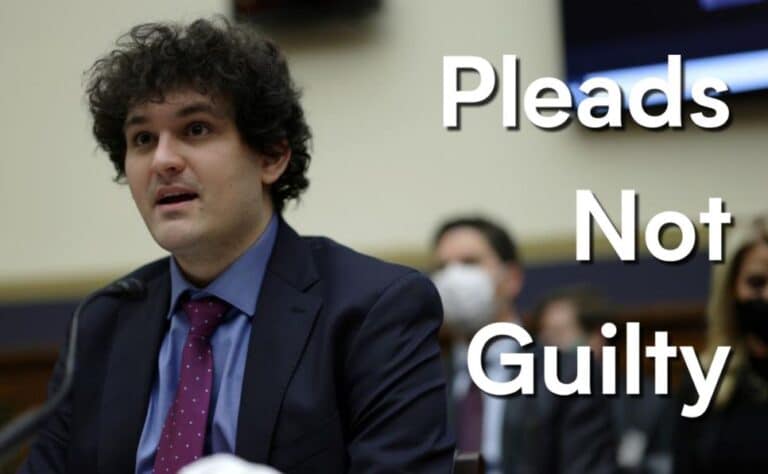Welcome to This Week in Crypto, your go-to newsletter for the latest developments in the fast-moving world of digital assets. From government policies to market-shaking news, we break down the biggest stories so you can stay informed.
Here’s a quick look at this week’s headlines:
- Trump Expands U.S. Crypto Reserve – President Trump announced a national crypto stockpile including Bitcoin, Ethereum, Solana, XRP, and Cardano.
- SEC Says Memecoins Aren’t Securities – The SEC clarified that memecoins don’t fall under securities laws but warned that fraudulent projects could still face legal action.
- Ohio Introduces Crypto Tax Protection Bill – A new bill aims to prevent extra state taxes on crypto payments while protecting self-custody rights and mining activities.
Let’s dive into the details.

Trump Announces U.S. Crypto Reserve Including BTC, ETH, SOL, XRP, & ADA
In a major announcement, President Donald Trump revealed that the United States government will create a national crypto reserve, including Bitcoin (BTC), Ethereum (ETH), Solana (SOL), XRP, and Cardano (ADA). This marks a shift from his previous plan to focus only on Bitcoin, signaling broader government interest in digital assets. Following the news, cryptocurrency prices surged, with Bitcoin climbing past $95,000 and the overall crypto market gaining nearly 7% in value.
- Trump’s executive order directs a government task force to study the feasibility of a national crypto reserve and explore stablecoin regulations while banning the development of a U.S. central bank digital currency (CBDC).
- The crypto market reacted strongly to the announcement, with the total market value reaching $3.04 trillion, driven by a significant rise in Bitcoin’s price.
- While many investors welcomed the move, some Bitcoin advocates were disappointed that the reserve would include multiple cryptocurrencies instead of just Bitcoin.
Despite the excitement, some experts warn that the plan could face obstacles in Congress and from regulatory agencies. As discussions around crypto policy continue, investors will be watching closely to see how the government moves forward with its digital asset strategy.

SEC Says Memecoins Aren’t Securities, but Warns Against Fraud
The U.S. Securities and Exchange Commission (SEC) has clarified that memecoins, the often humorous and community-driven cryptocurrencies, do not fall under securities laws. This means they do not need to be registered with the SEC like stocks or bonds. However, the agency warned that fraudulent memecoins could still face legal action from other regulators.
- The SEC stated that memecoins are more like collectibles than traditional financial assets and do not meet the legal definition of securities.
- While memecoin transactions do not require SEC registration, the agency cautioned that fraud involving these tokens could still be prosecuted by federal or state regulators.
- The announcement follows President Trump’s efforts to reduce the SEC’s oversight of crypto, and comes amid reports that House Democrats plan to introduce a bill restricting public officials from launching digital assets.
Despite the SEC’s statement, memecoins remain highly volatile and speculative, with some projects losing significant value. Investors should remain cautious, as risks still surround certain crypto assets.

Ohio Introduces Bill to Protect Crypto Payments, Self-Custody
Lawmakers in Ohio have introduced a bill that prevents the state from imposing additional taxes on cryptocurrency payments. The legislation, known as House Bill 116, ensures that digital assets such as Bitcoin and stablecoins are treated like traditional currency when used for transactions. It also establishes rights for Ohio residents to self-custody their crypto and participate in mining and staking activities.
- The bill prohibits Ohio from enacting extra taxes on cryptocurrency transactions beyond standard sales or income taxes.
- It affirms the right of individuals to self-custody their crypto, engage in staking, and conduct mining operations as long as they comply with local zoning laws.
- Businesses and individuals are explicitly allowed to accept crypto payments for goods and services without state interference.
This move aligns with Ohio’s growing interest in cryptocurrency regulations, following past proposals to allow tax payments in crypto. If passed, the bill could make Ohio one of the most crypto-friendly states in the U.S.



